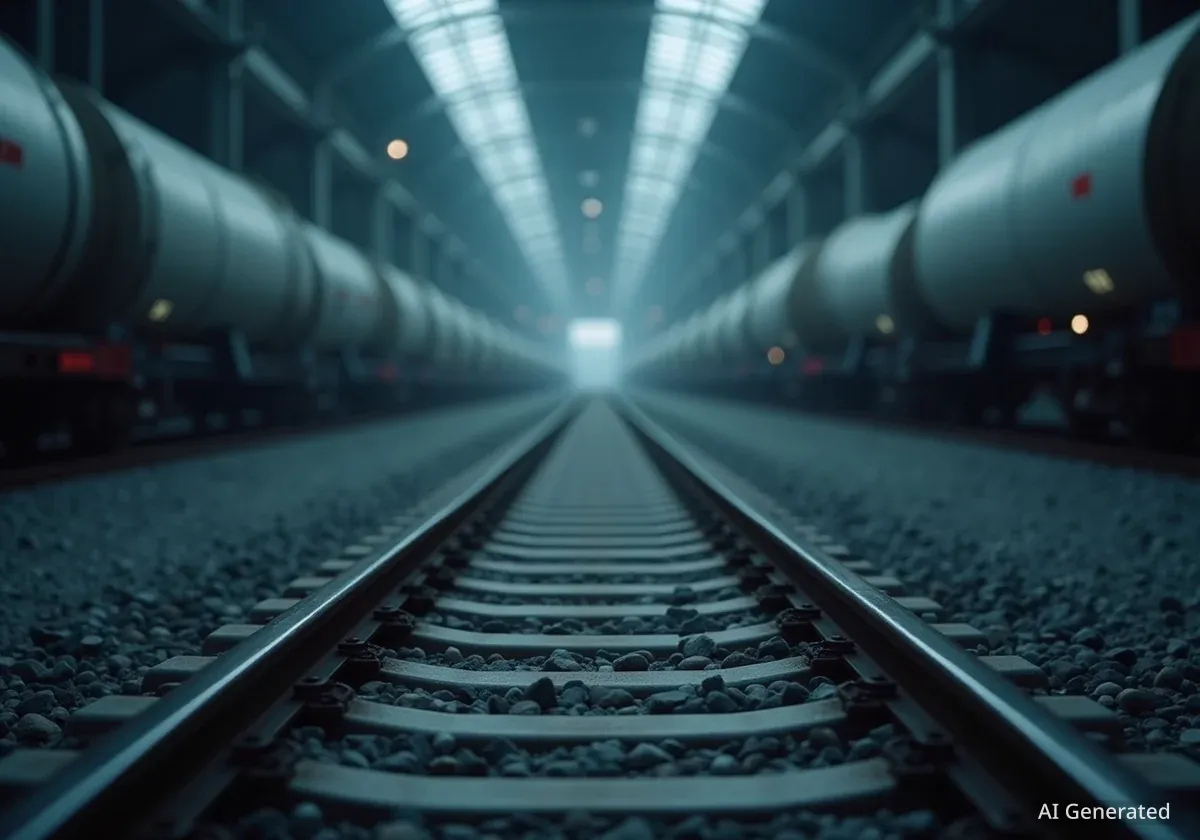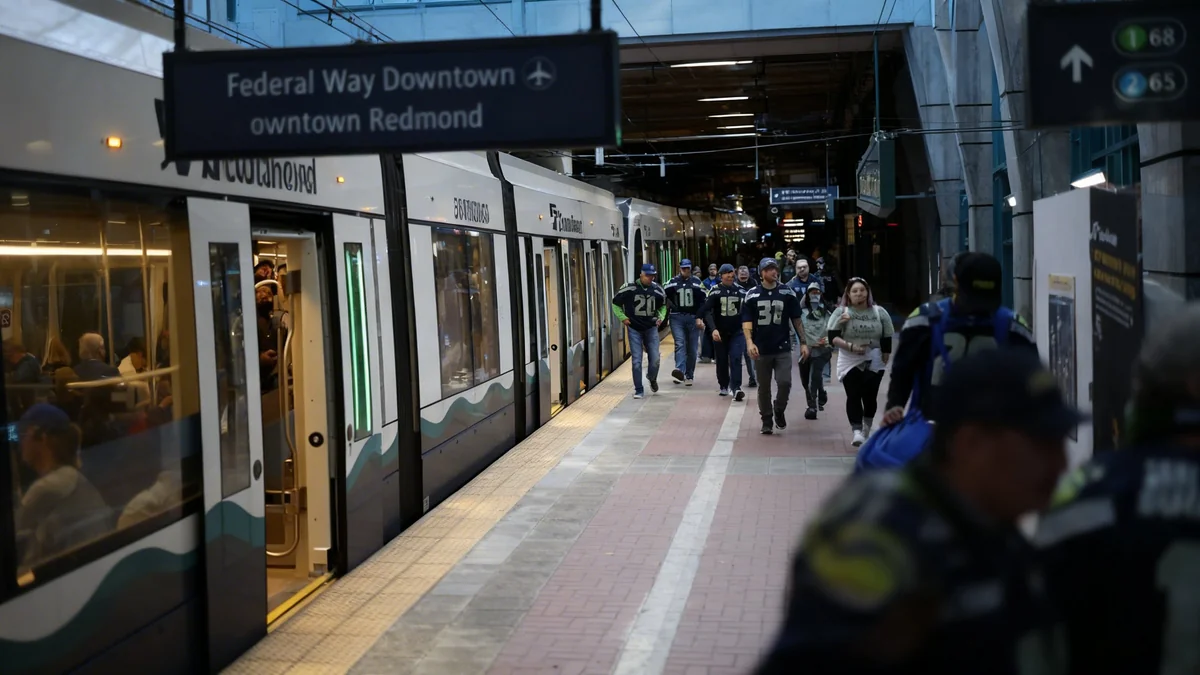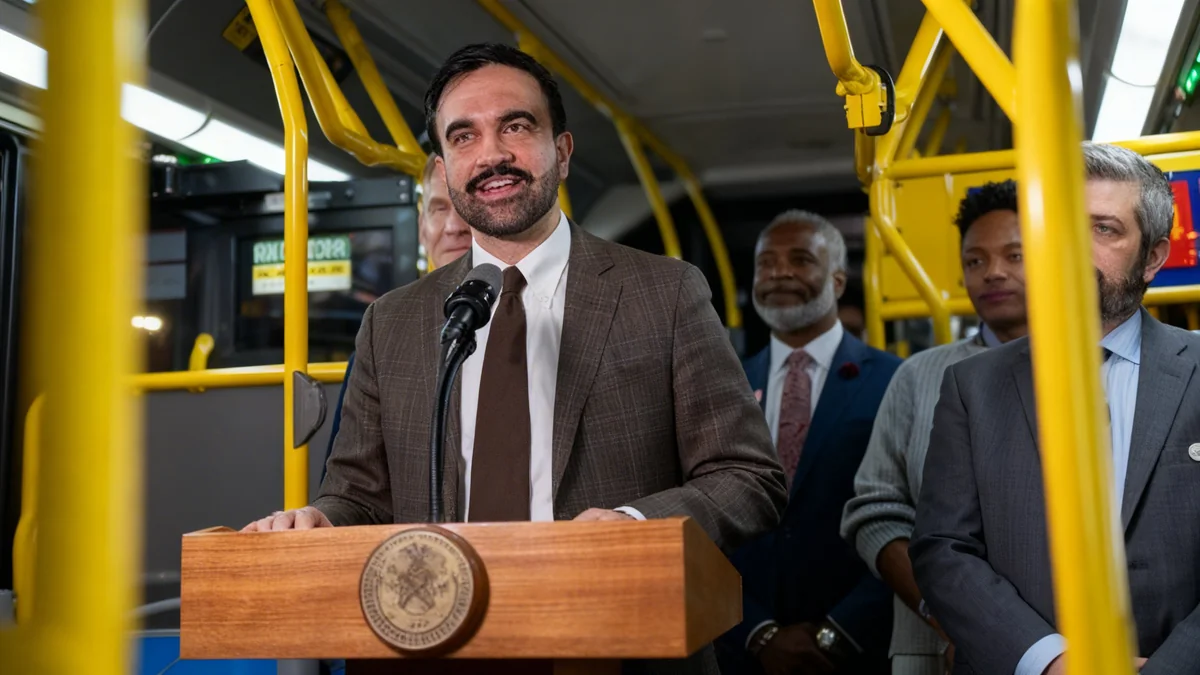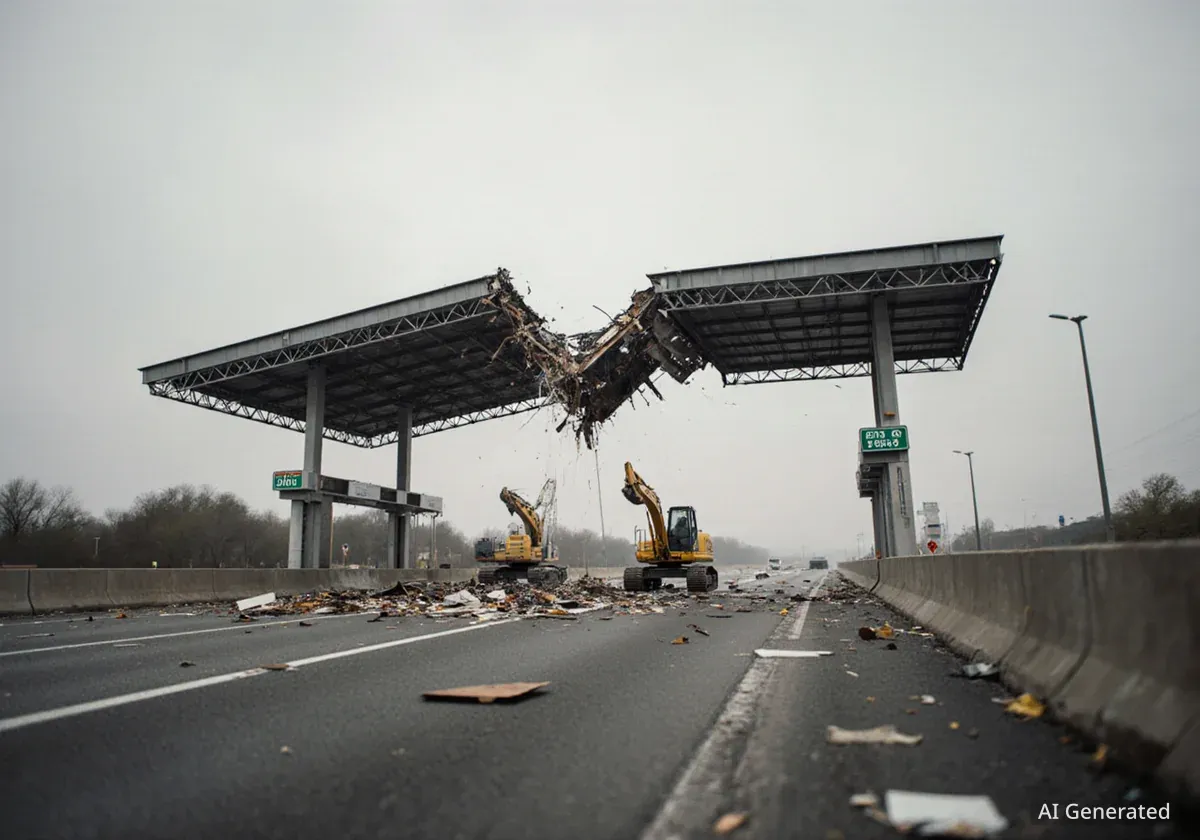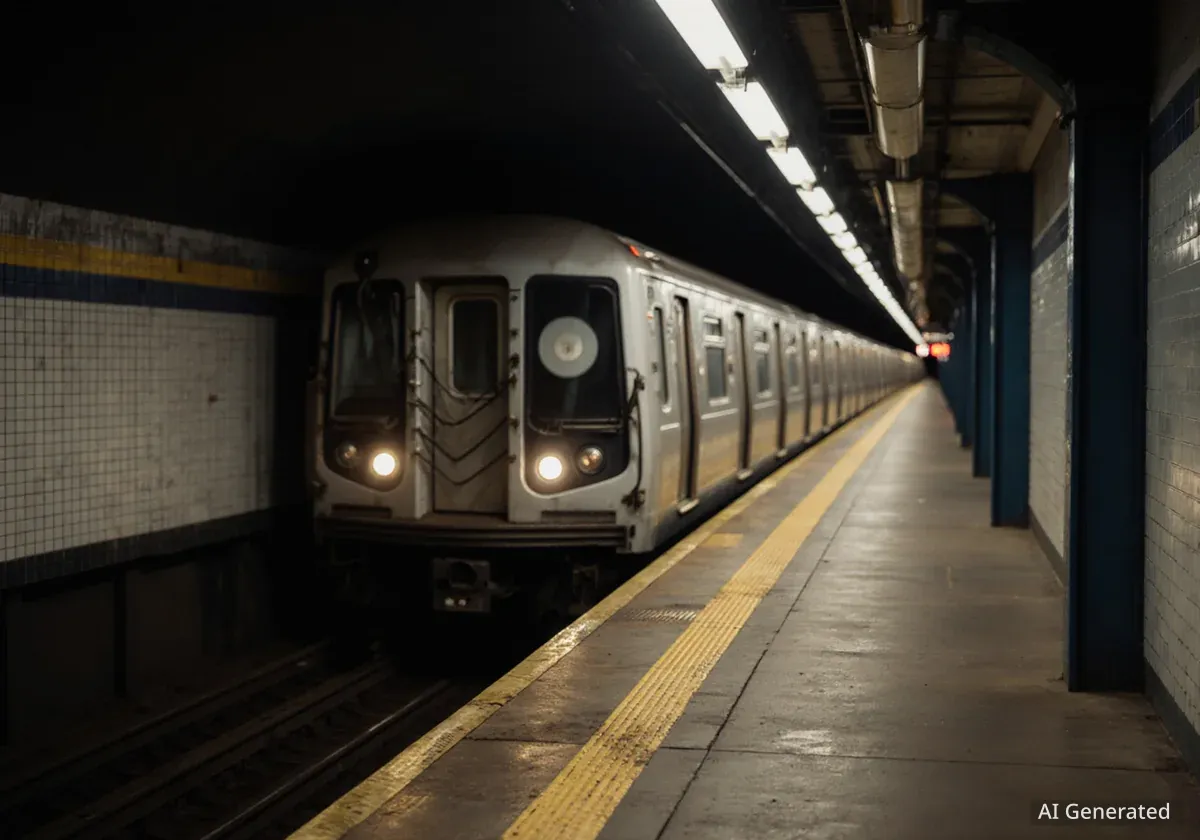The future of cross-channel rail travel from London to continental Europe may soon change. Two major rail operators, Trenitalia and Virgin Group, are seeking to challenge Eurostar's long-standing monopoly. This move could offer passengers more choices and potentially lower prices. However, a key obstacle remains: access to a vital rail depot in east London.
Key Takeaways
- Trenitalia and Virgin Group aim to compete with Eurostar on cross-channel routes.
- The main barrier is access to Eurostar's Temple Mills maintenance depot.
- The UK rail regulator, the Office of Rail and Road (ORR), is reviewing the issue.
- Increased competition could lead to more destinations, services, and competitive fares.
Eurostar's Monopoly and New Entrants
For over three decades, Eurostar has been the sole operator of passenger rail services connecting London with Paris and Brussels. This monopoly has shaped cross-channel travel options.
Now, other companies are looking to enter this market. Trenitalia, an Italian state-owned operator, and Virgin Group, known for its past UK rail services, are among the key contenders. Their entry could significantly alter the landscape of international rail travel from the UK.
Fast Fact
Eurostar has held a 31-year monopoly on cross-channel rail passenger services.
The prospect of new operators has gained support from various stakeholders. The UK government, despite its stance on domestic rail competition, actively encourages this international competition.
Lord Peter Hendy, the rail minister, stated in July that the government "firmly believes" cross-channel competition would foster innovation, expand destination options, and promote "competitive prices."
The Temple Mills Depot Dispute
The primary hurdle for new entrants is gaining access to the Temple Mills rail depot in east London. This facility is crucial for storing and maintaining high-speed trains. Eurostar currently uses this depot and argues against sharing access, citing complexity and operational challenges.
Without access to Temple Mills, competing operators would need to build their own depots. This would add significant costs to their start-up investments. Industry estimates suggest that launching new services, including purchasing trains, could cost around £700 million.
Background on Temple Mills
Temple Mills is a key maintenance and stabling facility located in Stratford, East London. Its strategic location makes it essential for any operator running services through the Channel Tunnel. The depot handles routine checks, repairs, and overnight storage for high-speed trains.
The Office of Rail and Road (ORR), the UK's rail regulator, reviewed the situation in March. Their findings indicated that there was sufficient room at Temple Mills to accommodate additional operators. However, Eurostar continues to dispute this assessment, maintaining its position against forced sharing.
Capacity and Future Expansion
Despite Eurostar's concerns, data suggests the Channel Tunnel has unused capacity. Currently, only about half of the tunnel's passenger capacity is utilized by Eurostar. Last year, the tunnel saw 19.5 million journeys.
London St Pancras Highspeed, the company that owns the rail line connecting London to the tunnel, has actively offered financial incentives. These incentives aim to encourage new services and make better use of the available infrastructure.
Eurostar's Expansion Plans
Eurostar has announced its own plans for expansion. The company intends to extend its network to Frankfurt and Geneva by the early 2030s. This expansion involves a substantial investment of €2 billion to acquire 50 new trains.
However, Eurostar's expansion has been slow in recent years. Currently, it operates only four (soon to be five) daily services to Amsterdam, in addition to its established routes to Paris and Brussels. Direct services from London to the south of France have also been discontinued.
Competitors' Ambitions
Trenitalia aims to launch services on the London to Paris route by 2029. Virgin Group has even broader plans, intending to operate services to Paris, Amsterdam, and Brussels by 2030. Virgin's proposal includes acquiring 12 new trains and has stated ambitions to reach Germany and Switzerland.
International Agreements
The Swiss and UK governments have agreed to support direct rail services between their countries. This would require new border infrastructure to be put in place.
The Need for Competition
Proponents of competition argue that breaking Eurostar's monopoly would benefit passengers. It would likely lead to more frequent services, a wider array of destinations, and competitive pricing. This increased choice could also motivate existing operators to fulfill their promises of future expansion.
The situation highlights a contrast in government policy. While the UK government supports competition on cross-channel routes, it has resisted similar applications for new operators on the domestic UK rail network. The government explains this difference by citing track capacity.
"We should be enthusiastic about [the tunnel’s] greater use, unlike the national railway network, which is very nearly full," Lord Hendy explained in June.
The Regulator's Role
The Office of Rail and Road (ORR) faces a crucial decision. Granting new entrants access to Temple Mills could be the catalyst needed to introduce real competition. This action would help new companies overcome the high initial costs of launching services.
The debate over depot access mirrors other industry situations where established companies resist new competition. Often, incumbents present various reasons why competition, while theoretically beneficial, is impractical to implement.
By making a decisive ruling on Temple Mills, the rail regulator has the opportunity to pave the way for a more competitive cross-channel rail market. This could bring the UK closer to the high-speed rail choices available across continental Europe.
Economic Impact
Introducing competition could stimulate economic activity in the rail sector and provide more job opportunities related to train operations and maintenance.
Looking Ahead
The outcome of the ORR's decision will be closely watched by the industry and passengers alike. A decision in favor of shared access could mark a significant shift in European rail travel, opening new possibilities for journeys between the UK and the continent.
Increased competition could not only mean more routes but also improved service quality and potentially more affordable tickets for travelers. This would align with the government's stated aim of fostering innovation and competitive pricing in the cross-channel market.

